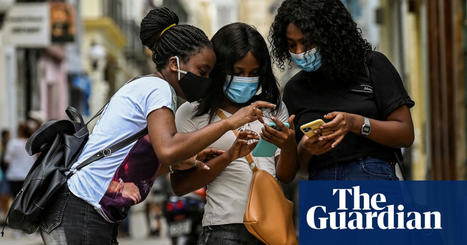Gender inequality persists in South Asia despite decades of rapid economic growth, rising education levels, and expansion of opportunities. Deeply rooted social norms about gender restrict what women can and cannot do, and account for a large part of gender inequality. To adequately address gender inequality, policies cognizant of social norms, how they change, and how to address their impact need to be set in place.
Research and publish the best content.
Get Started for FREE
Sign up with Facebook Sign up with X
I don't have a Facebook or a X account
Already have an account: Login
A collection of articles relating to the 'international' elements of Economics and relating to IB, Pre-U and A-Level Economics.
Curated by
Graham Watson
 Your new post is loading... Your new post is loading...
 Your new post is loading... Your new post is loading...
|
|











This World Bank clip looks at how gender inequality is perpetuated in South Asia and how this impinge upon the developmental prospects in the region. The organisation is committed to tackling the issue, removing barriers to female participation in the labour market and in doing so overcome the social norms that have impeded development.